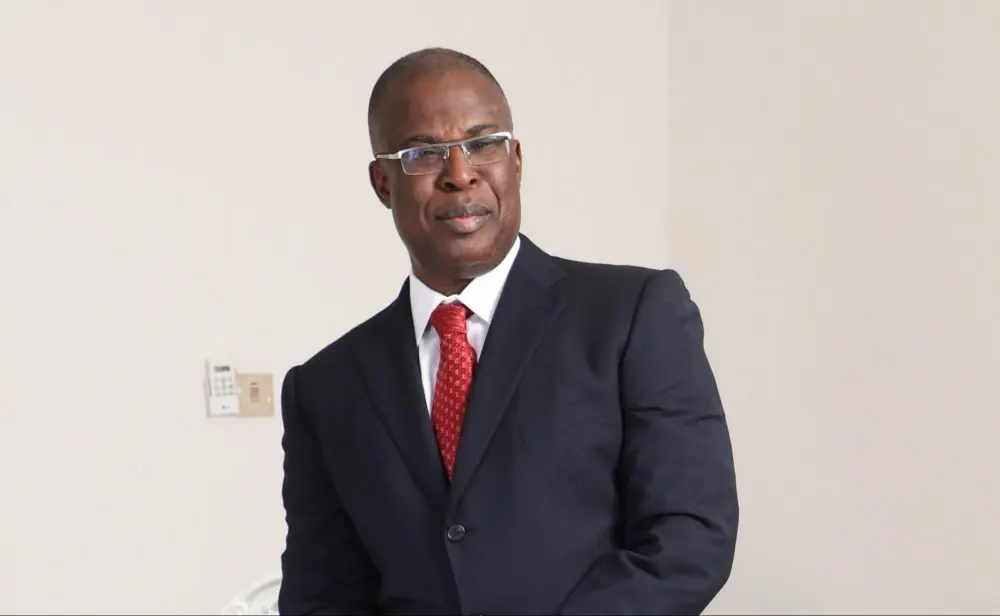The Central Bank of Nigeria (CBN) has said that it would be guided by the decision of the Securities and Exchange Commission (SEC) on the ownership structure of FBN Holdings Plc, the parent company of First Bank Plc.
The company’s majority stake recently became a subject of controversy among investors, following the announcement of a significant share acquisition by billionaire business mogul, Femi Otedola.
Commenting for the first time on the controversy, the Governor of the CBN, Mr Godwin Emefiele, while fielding questions at the end of the Monetary Policy Committee (MPC) meeting in Abuja, said that SEC, as the capital market regulator has the final decision on the ownership structure.
He said, “We have cleaned up the Balance Sheet of the bank. The NPL has dropped. People are now competing for the shares of First Bank.
“Should I quarrel that people are now competing for the shares of First Bank which, six years ago was N2.00 and they were running away from it. The last time I looked at it, last weekend, it was N 11. 55.
“I am happy that they are competing for the shares. But of course, we should all know that First bank is so big that no one person can say he owns First Bank.
“I have read the SEC clarifying the shareholding percentages and differences and indeed they are the people that are supposed to look at it.
“Our examiners were also opportuned to look at it. I think we should take the SEC ‘s position because the SEC is the regulator of the capital market.
“We will take their position and they will give guidance on this subject.
“And of course as it affects the operation and the running of the bank we will ensure that the right things are done.”
Domestic development
On developments in the domestic economy, Mr Emefiele said that the MPC noted the continued improvement in the Manufacturing Managers Index.
“This improvement indicated the gradual recovery of output growth driven largely by increase in new orders associated with rising aggregate demands and off-swing in business activities,” he said.
Emefiele noted that there were no major challenges of flooding this year and that as such he was optimistic of a bumper harvest.
A good harvest, he said, would further drive down the rate of inflation, given that the food basket has been a major driver of inflationary trends.
On forbearance, the CBN boss said that the institution expected all those who took bank loans should be able to start repayment next year, when the forbearance earlier announced would end.
He said, “At this time, we believe that global economy has opened up, lockdown have been lifted and of course, we know the casualties, the economic damages and the fatalities that were caused as a result of the lockdown, and I am so sure that not too many countries, if at all, will embark on a wholesome lockdown any longer, particularly because most countries are all administering vaccination that they think should assist in reducing the impact of the spreading of the virus.
“So, we believe in Nigeria, businesses are back or companies are back to business, revenue has been improved and if revenue improves then, then you expect naturally that companies that took loans should be able to pay back their loans.
“So as a result, we do not see a likelihood of increase in NPL. Indeed, we have worked so hard to bring the NPL down from as high as about 9% to 10% about two years ago to the level it is today, which is about 5.3%.
“And we are gratified that we are aggressively working NPL down to the maximum threshold that has been set by the CBN.”
The CBN had, at the outbreak of the COVID-19 pandemic, last year, announced a one-year moratorium for loans that people, companies and businesses had taken from banks.
It was later extended by another one year, early this year. Emefiele announced the decision of the MPC to retain the Monetary Policy Rate (MPR) at 11. 5 per cent and the asymmetric corridor of +100/-700 basis points around the MPR.
He added that the Cash Reserve Ratio, CRR, at 27.5 per cent and the 30% Liquidity Ratio were equally maintained.
Vanguard News Nigeria





